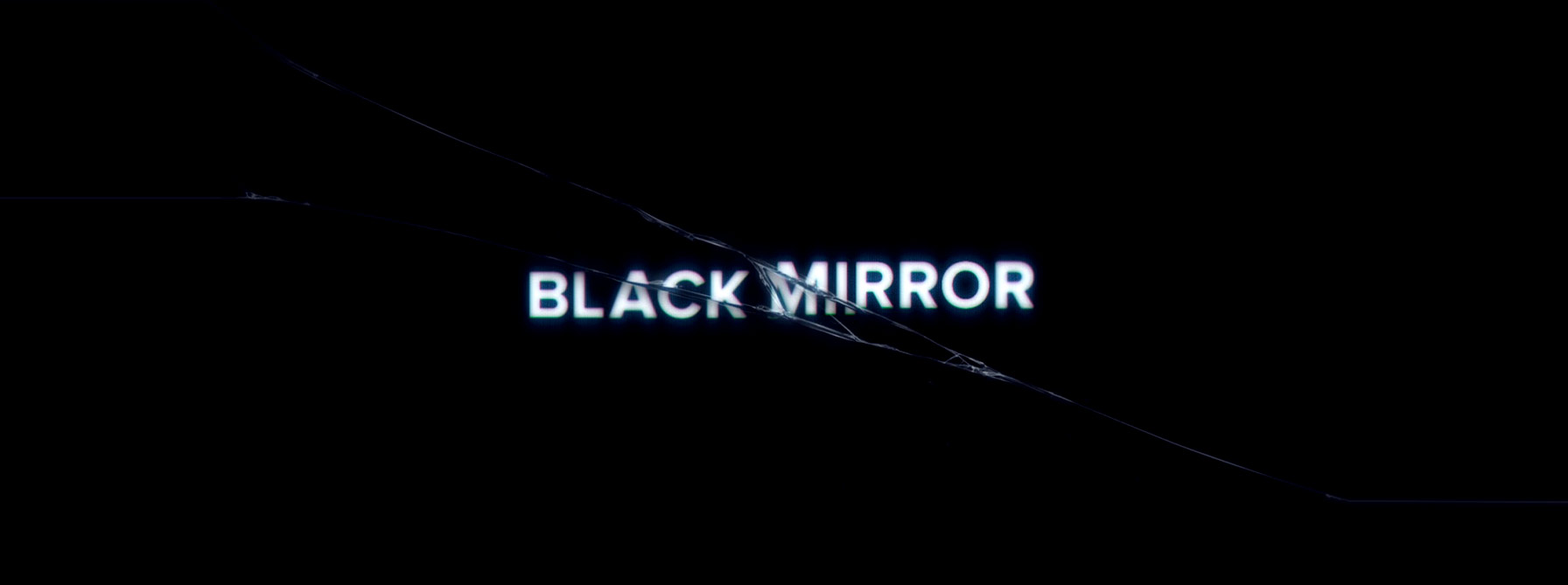Since its inception in 2011 and addition to the Netflix canon in 2014, Black Mirror has morbidly delighted global audiences with its too-close-for-comfort take on technology.
In each jarring episode, Black Mirror creator Charlie Brooker takes a familiar social or technological concept and gives it a terrifyingly dark twist. The secret to the show’s success is simple: confront the audience with storylines that seem way too freaky to be possible, but are actually far more probable than any of us would like to admit.
In fact, there are plenty of worrying crossovers between the world of Black Mirror and the one we live in. We’ve seen Snap Inc. create glasses that record what’s going on in front of our eyes, and China is looking at establishing systems of social credit that rank individuals on their trustworthiness – not dissimilar to the ones that provide social order to the opening episode of series three featuring Bryce Dallas Howard.
Most recently, Swedish company Biohax has revealed that it is in conversation with law firms and finance businesses in the UK about providing their thousands-strong workforces with under-skin microchips.
Yep, you read it right. Big businesses are looking at embedding technology into their employees (on a voluntary basis, of course…).
Yep, you read it right. Big businesses are looking at embedding technology into their employees.
The microchip, which is the size of a grain of salt and sits between the thumb and forefinger, could be used as a security access pass, on-site payment method and ID card. Frighteningly reminiscent of the under skin microchips featured in an earlier series of Black Mirror (which, needless to say, didn’t end very well), embedding technology into the human body is a worrying new horizon for many. But for others, it is a bright new opportunity to embrace the efficiency and amazing possibilities that tech can offer us.
So should finance brands really be pushing ahead and leading the way when it comes to technology? And should they be taking inspiration from dystopian drama?
Reimagining the future of finance
Well, it has long been in the interest of banks and finance businesses to fund and develop new technology. Not only does it improve brand perceptions, but pushing the tech agenda can also help organisations find solutions to problems and improve customer experience. In the UK, Barclays, Santander and Visa all run incubator schemes to source the next big thing in FinTech. The key is to make sure there’s a targeted approach to how your finance brand communicates these advancements and the benefits to customers, taking them along on the journey.
So taking a tech-centric approach to business can be a great thing, but as Black Mirror highlights, there can be all sorts of risks and social impacts that come from meddling in new solutions. Each institution should think about the broader risks and implications of the technology they are using and creating. How will it be used in the immediate and how might it be used in the future? How might its original purpose be twisted – for example, cryptocurrencies can be used on the dark web to trade black market goods. Trusted financial institutions have a duty to perform due diligence on their new endeavours.
Build own adventure
Aside from tech, there are a few things that finance marketers can learn from Black Mirror. The most interesting concept from a content perspective is the recently released ‘Bandersnatch’. Based on a ‘build your own adventure’ story, the interactive episode allows users to choose the destiny of the protagonist, from benign choices like which cereal to have for breakfast, to extreme decisions like whether to kill other characters. Shocking, intriguing and challenging, this content format immerses the viewer into a terrifying new world, forcing them to make disturbing decisions and taking the concept of personalised content to the limit.
While finance marketers should steer clear of the dark subject matter, there is an important lesson to be learned – new content formats are always out there for the taking. It is clear that even without new tools or technology, groundbreaking content is still being developed and there is room for real creativity and inspiration.
Technological progress and progressive content types provide finance organisations with new frontiers and inspiration. But as the world advances, there’s a sense of uneasiness. Black Mirror isn’t just coming for the finance industry, Black Mirror is coming for us all.
Related articles
- How technology is changing the face of personal finance
- 7 deadly sins of marketing
- Music streaming – the new frontier of finance marketing
Image: Netflix









